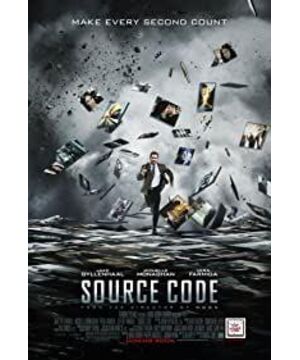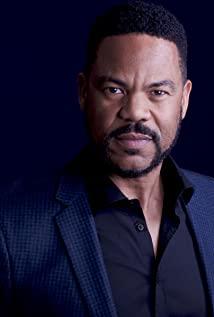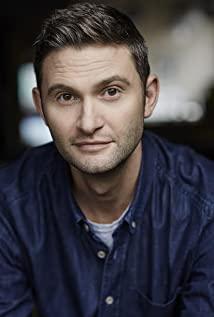There has been a lot of discussion about the scientific background of this movie, so I won’t repeat it here. I personally think that, like "Moon", this film is actually a "soft" work in science fiction movies, and the theme is actually more concerned with this background. The true nature of human beings. I personally agree with the "parallel universe" theory. Every time Captain Kurt Stevens was tossed for eight minutes, he created a parallel world. Except for the last time, his results were all dead and bombed. He died, was hit to death, and was shot to death, only for the last time. In another parallel world, he saved everyone and also saved himself, so his life, life, and thinking continued. This kind of reciprocating clues reminds me of the recent "Terror Cruise Ship", but there is no special scientific basis for that movie. I saw the heroine and kept repeating the same scenes, but it was more complicated. To fight oneself with oneself is actually a kind of non-parallel interlaced distortion of time and space. And "Source Code" is parallel in time and space, which saves a lot of trouble for the director's narrative and audience understanding, but every eight minutes, Captain Stevens comes back with the memory of the last time, so The time and space in the play is connected with Stevens' memory, which also makes this fateful story sometimes fall into a dead end, and sometimes turn around.
An important similarity between "Source Code" and "Moon" is that they both start with a puzzle of identity, which runs through with identity. "Source Code" allows the same but different Stevens to clarify his identity, his foothold in the world, and his life direction in layers of parallel worlds. In "The Moon", Sam Bell looks for his identity, his status, and his destiny from the appearance of one "self" after another. In the two films, confusion, loneliness, and helplessness are full of emotions, especially Sam Bell in "The Moon" is to the point where only robots can rely on. Compared with "Moon", "Source Code" that has invited many Hollywood stars also has more Hollywood flavor. The scenes of action movies and the rhythm of suspense films make it more storytelling and entertaining, and more appealing. , Duncan Jones also successfully told this story about time and space. In terms of emotion and atmosphere creation, the loneliness and pain are still scorching. Stevens was almost "forced" to experience the pain of seeing a group of people die again and again, and he was unable to save him. Trying to communicate with his father was repeatedly rejected. There is nothing more painful than the anxiety of not knowing the truth, and the pain after knowing the truth. When he struggled and howled alone in the "capsule", Goodwin, who was kind to him outside, only saw a series of parallels. This kind of powerlessness is particularly shocking when there are no obvious emotional characters. The suspense that this film finally revealed that made my eyes shine is not a parallel universe, nor is it the beauty of another world like "the prince and the princess live happily together", but in the main story world, we finally see history The true state of Stevens, a body with only the upper body, was repeatedly used as a tool by greedy scientists trying to save more lives. Goodwin is kind, she gave him a peaceful end, and also gave him It was the beginning of his happiness.
For most audiences, science fiction is more of a background, and what is more attractive is the fascinating and emotional touch of the story under this background, and of course the shocking light of special effects. Therefore, "Source Code" can be regarded as a successful case in this regard. It simply explains and shows the background, promotes the evolution of the story layer by layer, and constantly highlights the protagonist's sorrows and joys, and the natural flow of emotions follows. Jack Gyllenhaal’s performance is outstanding. Looking back on 2010, "Prince of Persia" and "Love and the Elixir" are really mediocre. By the way, Gyllenhaal’s acting skills are hidden in the sand and the aphrodisiac. Down. In "Source Code", Jack Gyllenhaal's performance is relaxed and eloquent, and there is no power, but it breaks out when it should break out. The scene of a phone conversation with his father, the end of the man is very affectionate, and " In "Moon", Sam Bell’s video call with his daughter is similarly moving. Is the final outcome a "compromise" to Hollywood? I don't think so. At the end of "The Moon", under the sad ending, the truth revealed by news broadcasts was finally known to everyone. After Stevens’ torment, the quiet and eternal sleep in one world and the happiness in another world are also gratifying. In my opinion, Duncan Jones is not like a pessimist, but more like a pessimist. A director with a humanistic temperament, and from the perspective of his balance between film appreciation and humanity, we have reason to expect more of his subsequent works.
http://hi.baidu.com/doglovecat/blog/item/15962c1fb638a0d2a6866980.html
View more about Source Code reviews











